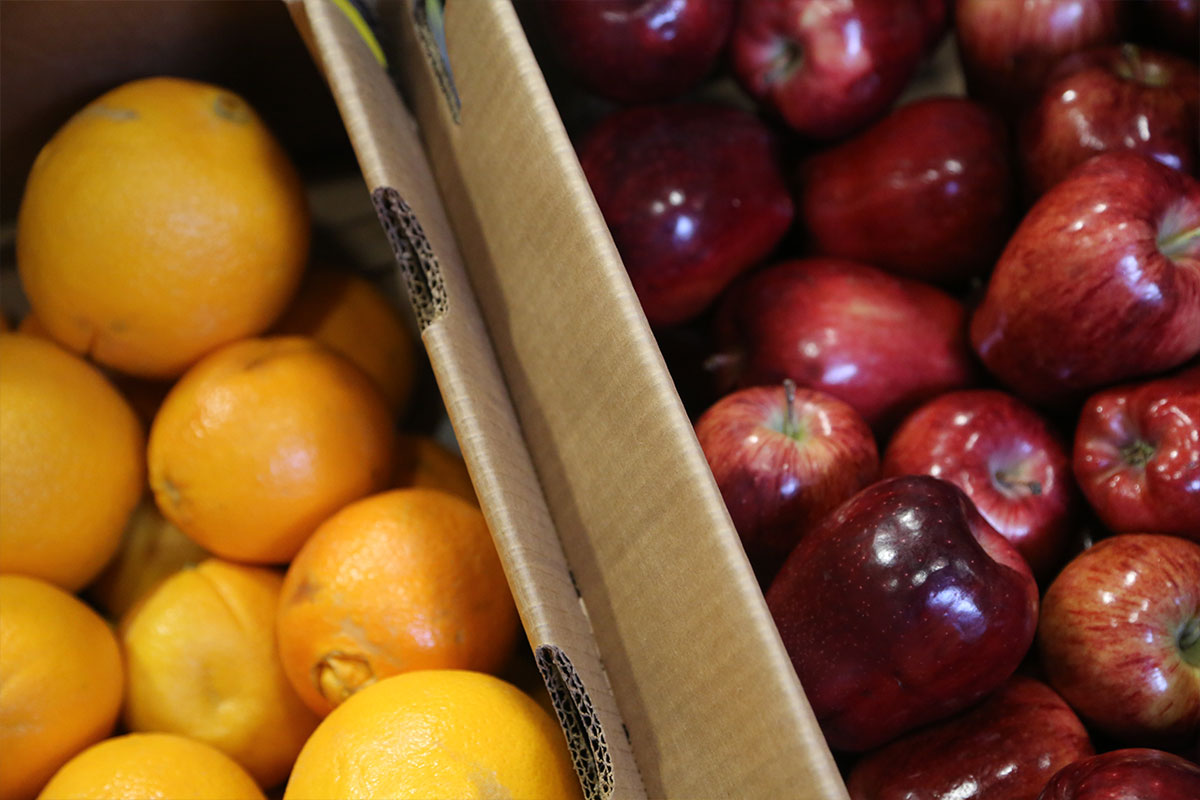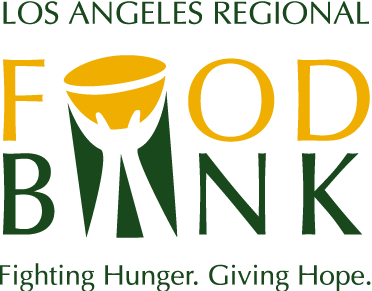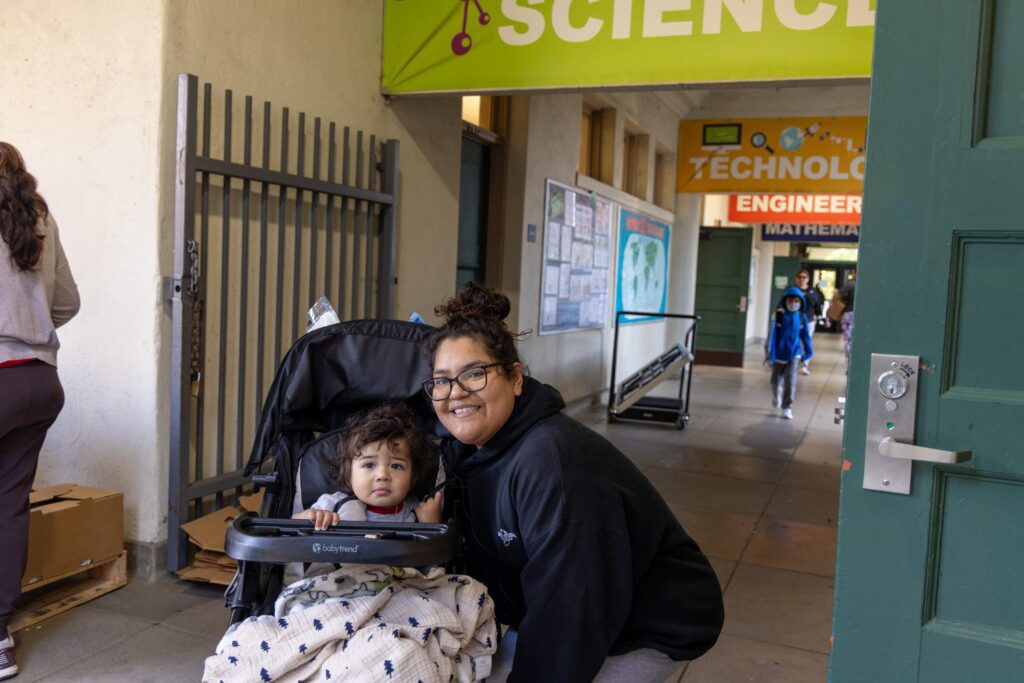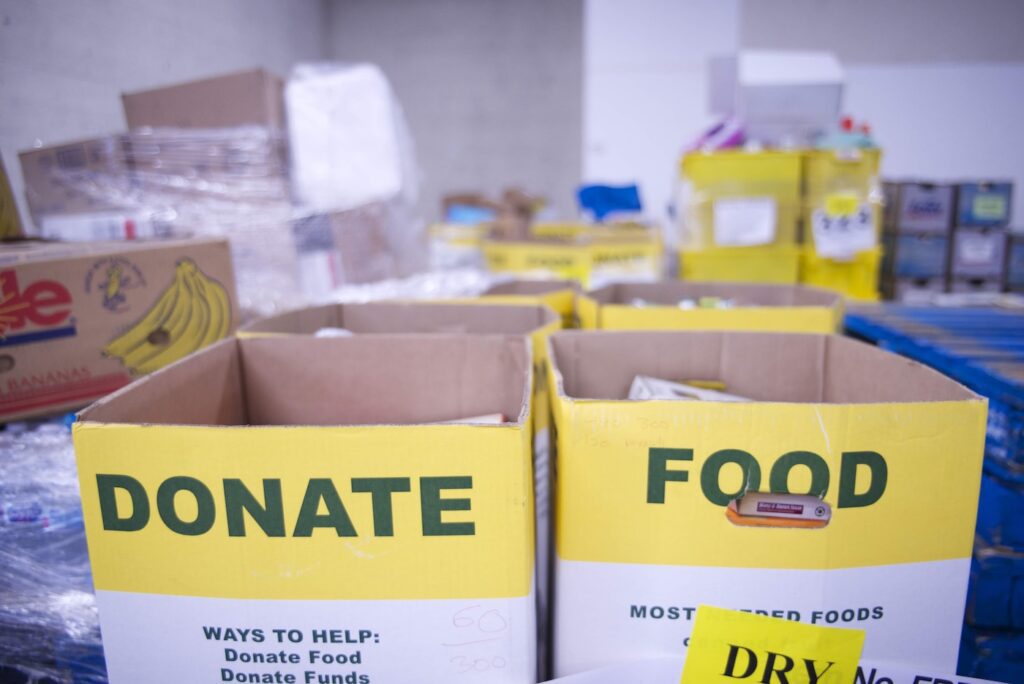Product Donations: Where Does All of the Food Come From?
Product Donations: Where Does All of the Food Come From?
Food security is not just about having enough food; it is about having healthy food.
The Los Angeles Regional Food Bank distributes an impressive amount of food; more than 1 million pounds of food every week. This includes pallets of fresh fruits and vegetables, poultry, eggs, dairy and more of the nutritious items that are most needed by our hungry neighbors.
Have you ever wondered where it all comes from?
Food Banking: More Than Just Cans
If you have yet to visit, the Food Bank’s warehouses may surprise you. Traditional food banking has certainly evolved over the years; not only does the Food Bank provide food assistance for a network of local agencies serving individuals in need, but we work with many food and product donors, sourcing and acquiring the most nutritious food available. These donations come from retailers, farmers, the United States Department of Agriculture and more. Food Bank drivers pick up truckloads of donations throughout the county, while other donations are delivered.
The Food Bank’s warehouses do contain some of the things you might expect like cans of beans and vegetables; bread and miscellaneous food drive items. However, during the summer months, the agency pickup area often smells like fresh produce because of donated pallets of strawberries, carrots and melons and around the holidays, agencies can rely on the Food Bank for poultry and other festive items. Dairy, eggs and meat are also regularly donated and much appreciated by recipients.
Without Our Food Donors, Our Work is Simply Impossible.

It hasn’t always been this way. Jeanna Kindle, Chief Product Acquisition Officer of the Food Bank, remembers when there were not very many produce donations flowing through the Food Bank. “In the year 2000, the Food Bank received approximately 350,000 pounds of fresh produce,” she said. Soon after, the Food Bank’s partnership with the California Association of Food Banks (CAFB) began and the amount of incoming produce increased substantially. This added complexity to the work, but agencies are pleased to be able to offer fresh, healthy, nutrient-dense items for their clients.
Sometimes a farmer or retailer donates simply because they would prefer to donate their excess rather than let it go to waste, which is valuable not only for the people we serve, but better for the environment as well.
In 2018, the Food Bank received approximately 9 million pounds of fresh produce. In total, generous food donors made it possible to distribute the equivalent of 56 million meals. “It is because of our generous food donors that we are able to provide up to four meals for every dollar donated,” says Jeanna. “If it were not for them, the Food Bank would have to purchase a lot more food and would not be able to feed as many people. Thank you.”
Help Us Keep Our Warehouses Full
Your financial support helps us source, store and redistribute the freshest, most valuable food possible. Start a #WeFeedLA Fundraiser today and help us continue to make a difference four our neighbors in need who can’t afford healthy food.





